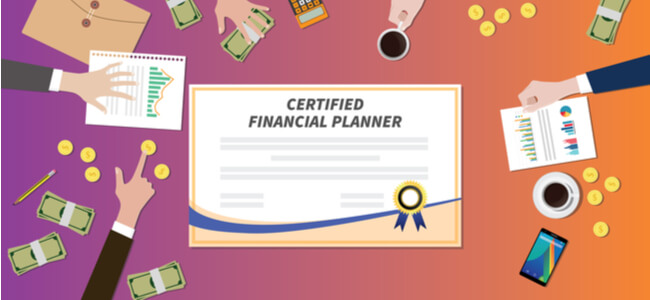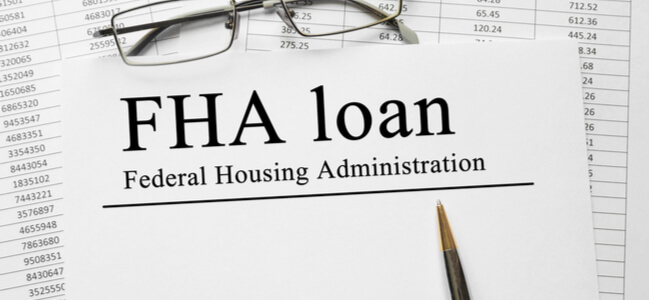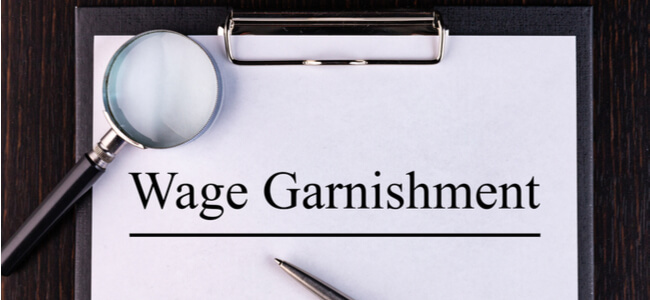Should You Use A Loan To Pay Off Taxes?

For many people, tax season isn’t a special or overly important time of the year as most people simply file their taxes and don’t think much of it.
Some people even look forward to tax season because it means they’ll receive a tax rebate check.
Unfortunately, for those who are self-employed or own a small business, tax season can be a particularly stressful time of the year.
While some people put money aside throughout the year in anticipation of their yearly tax bill, not everyone finds themselves in the position to do this.
One of the most common questions pondered by people in this situation is whether they can or should pay their tax bill with a loan.
Personal Loan To Pay Taxes
A personal loan is one of the most common methods of financing tax payments. Those who qualify will receive a lump sum loan which they can then use to pay off their tax bill in full, leaving them with a personal loan to pay off.
Those who decide to go this route must ensure that the personal loan interest rate is less than what the IRS is charging for unpaid taxes. The rate the IRS charges depends upon several factors and can range from a rate as low as 3% to 20% or higher.
It’s important to note that some individuals may not have a high enough credit score to qualify for a personal loan with a favorable interest rate.
Those in this position may consider securing their loan with an asset or may look at a 401(k) loan. Doing so will land them a significantly lower interest rate.
Some people wonder how a loan will affect their tax situation, asking “do I have to pay taxes on a loan?”. In almost all cases the answer is no, since a loan isn’t considered as income earned.
Home Equity Loans To Pay Taxes
Those who own their home have the option to pay off their tax bill with a home equity loan. Equity refers to the stake of ownership an individual has in their house.
For example, if the individual has paid off half of their mortgage, then they’ll have a 50% equity stake in their house.
There are two main types of home equity loans: HELOCs and Home Equity Loans. The latter is a single installment, lump-sum loan, and can be thought of as a second mortgage whereas the former is a revolving line of credit.
Both types of loans are secured by the equity the borrower has in their home resulting in interest rates that are much lower than unsecured loans.
A home equity loan affords homeowners a low-interest debt vehicle that they can use to pay off their tax bill. While this is true, it’s important to understand that because it’s a secured loan, failure to pay back the loan can result in the loss of one’s home.
Business Loan To Pay Taxes?
Home equity and personal loans are quality options for paying off individual tax bills, but can’t be used to pay off a business’s tax bill. Businesses that find themselves without the financial resources to pay off their tax bill, may consider taking out a business loan.
In most cases, interest paid on loans can be considered as tax-deductible expenses, helping the business to offset part of the cost of the loan.
Advantages
- Potentially More Cost Effective: The initial penalty for unpaid taxes is 0.5% of the total amount plus another 0.5% charged every month to the outstanding balance. This number can increase if the individual was caught filing an incorrect tax return or if their return contained major errors. Some individuals may be able to secure loans with a lower interest rate than that charged by the IRS. This is particularly true for secured loans
- Makes Payments More Manageable: Some people simply don’t have the money required to pay off their tax bill and the monthly payments may be too large for them to handle. A loan can extend the term and reduce monthly payments, making it easier to manage the payment
Disadvantages
- Can Be More Expensive: Individuals with fair or bad credit may not be able to qualify for low enough interest rates to make it worth paying off their tax bill with a loan
- Potential For Lost Of Home: If a borrower secures a loan with their home, they risk having their home repossessed if they default on the loan
Bottom Line
Paying off one’s tax bill with a loan can be a wise financial decision as long as the loan comes with a lower interest rate than what the IRS is charging.






